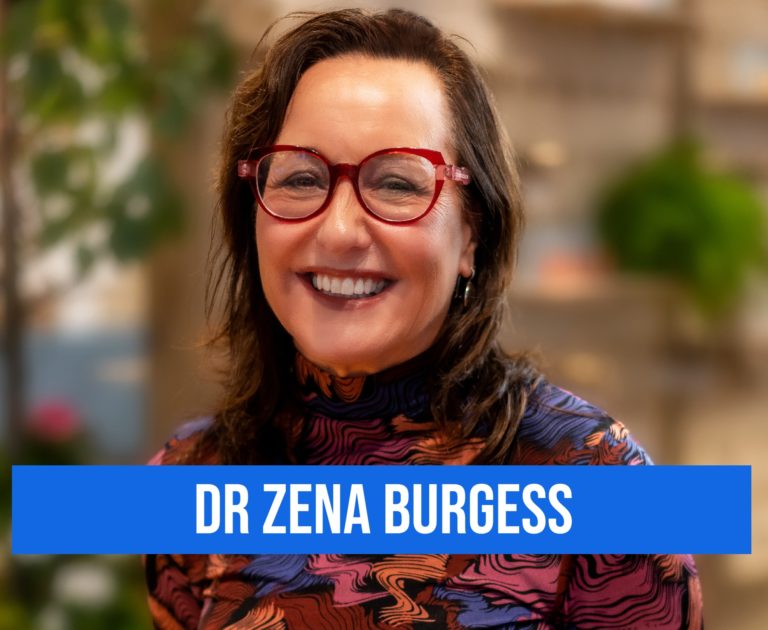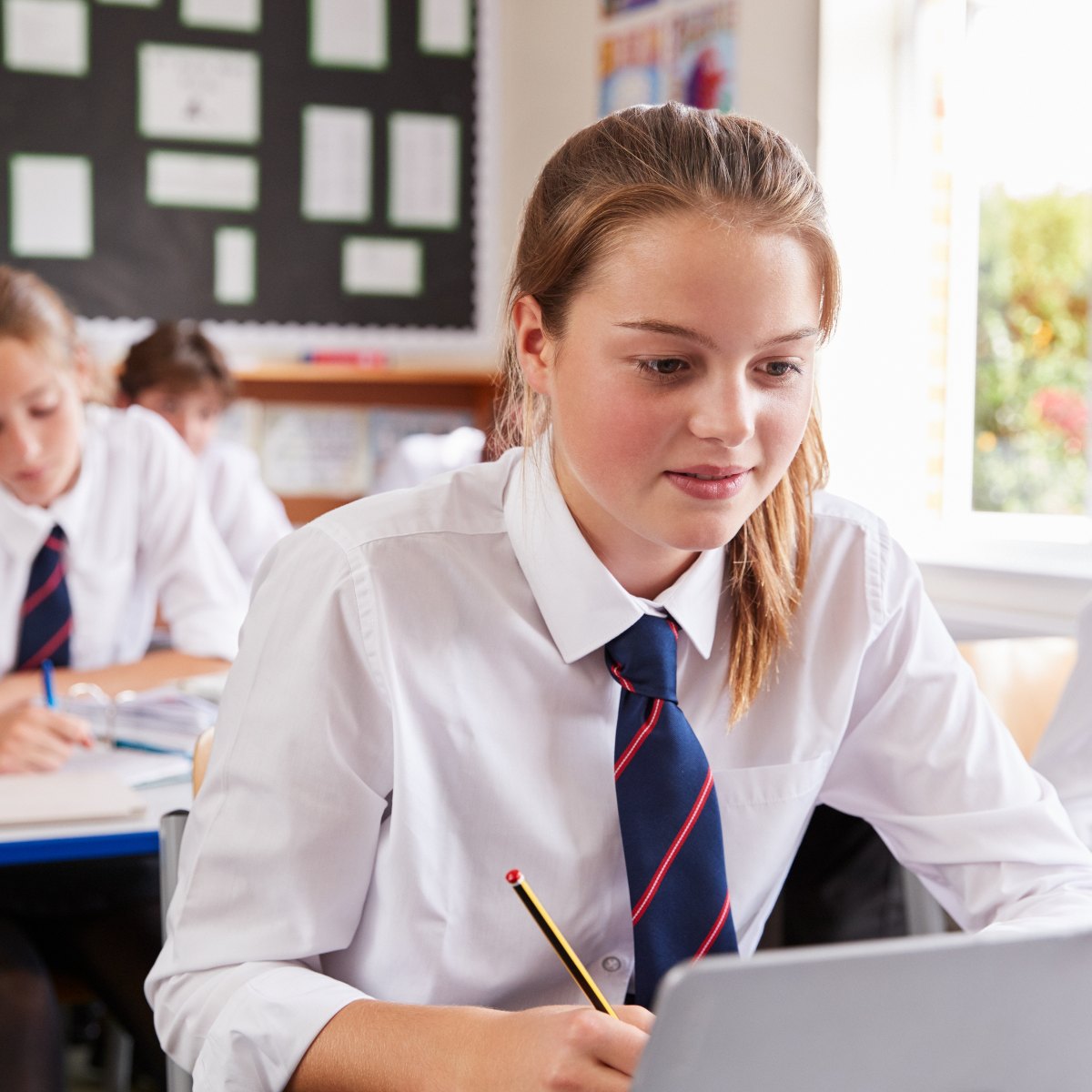As the summer holidays finish, a new school year begins – and students in Queensland are the first to begin the first term for 2024 on 22 January.
For some, heading to the classroom is an exciting chance to learn new things and get back in touch with friends; however, returning to class can cause uncomfortable feelings and anxiety for some students.
CEO of the Australian Psychological Society, Dr Zena Burgess, says this is common among young people, and parents and educators should have conversations with children who may be experiencing some back-to-school anxiety.
When students prepare to make the transition from primary school to high school, feelings of fear and uncertainty can feel overwhelming and children who have never experienced anxiety before may find themselves struggling.
“The move into high school can bring new, unfamiliar, and perhaps challenging situations where an adolescent might not feel up to the task or where the outcome is uncertain. In such situations, it’s common for most people to feel some anxiety,” she told EducationDaily.

“Having regular conversations with your adolescent in the lead up to entering high school will give you an opportunity to check in on how they’re feeling and talk through any concerns they may have as they crop up. Having conversations little and often may help, rather than leaving it until right before school starts.”
Understanding common anxiety disorders
In her article Navigating Back-to-School Anxiety, American Psychologist Hannah Lelb says there are three anxiety disorders that arise when kids are going back to school: separation anxiety, generalised anxiety, and social anxiety.
Separation anxiety is characterised by the fear that occurs when a child or adolescent is removed from their caregivers. She uses the example of a smoke alarm to explain further.
“If the smoke alarm in your house goes off, it is most likely because of burnt popcorn or low batteries than an actual fire in your house,” she says. “The smoke detector goes off, but we have trained our brains not to be threatened by it when we realise there is no actual fire (or, for your child, a threat to them).”
Use this example to help your child understand and conceptualise their fear of separation and how anxiety is triggered in the body.
“Knowledge is power,” she says.
Read more: Social media posts leave clues to mental health
Generalised anxiety or worry regarding everyday life is often prevalent in adolescents. Dr Lelb’s hint to help cope is to externalise the worry.
“I like to help my client understand that their “anxious voice” is separate from who they are,” she says.
“For example, let’s say your child has excessive fears about who they will sit with at lunch this year at school. The thoughts could be: ‘I have no one to sit with.’ ‘What if that means no one likes me?’ ‘What if that means everyone will think I’m a loser?'”
Fear of social interactions can make school hard to face
Finally, social anxiety relates to a fear of the social interactions the child will need to face. Dr Lelb says when this is the case, it’s best to encourage your child to socialising.
“Our brains are adaptive and can form new ways of thinking,” she says. “The parent needs to help their child learn how to ‘brave the wave’ and learn how to sit through and face their fears. They need to learn that they can survive hard things in order to train their brain. Braving the wave can look like learning breathing techniques, colouring, journaling, and more.”
Dr Burgess reiterates these thoughts and told EducationDaily that in some cases it may be best to see a professional if an adolescent struggles with returning to school.
“Though it is common for most adolescents to experience some anxiety when starting high school, for some people, anxious thoughts, feelings, or physical symptoms are severe, upsetting, frequent, and interrupt daily life,” she says.
With that in mind, Dr Burgess recommends that anyone experiencing such feelings and symptoms should seek help from a psychologist or GP as early as possible.
“We know from our members that early intervention helps children per cent of mental health disorders start before the age of 14,” she says.
“It’s crucial that we support students’ emotional, social and behavioural well-being equally to their physical health, especially if they are struggling with anxiety.”









